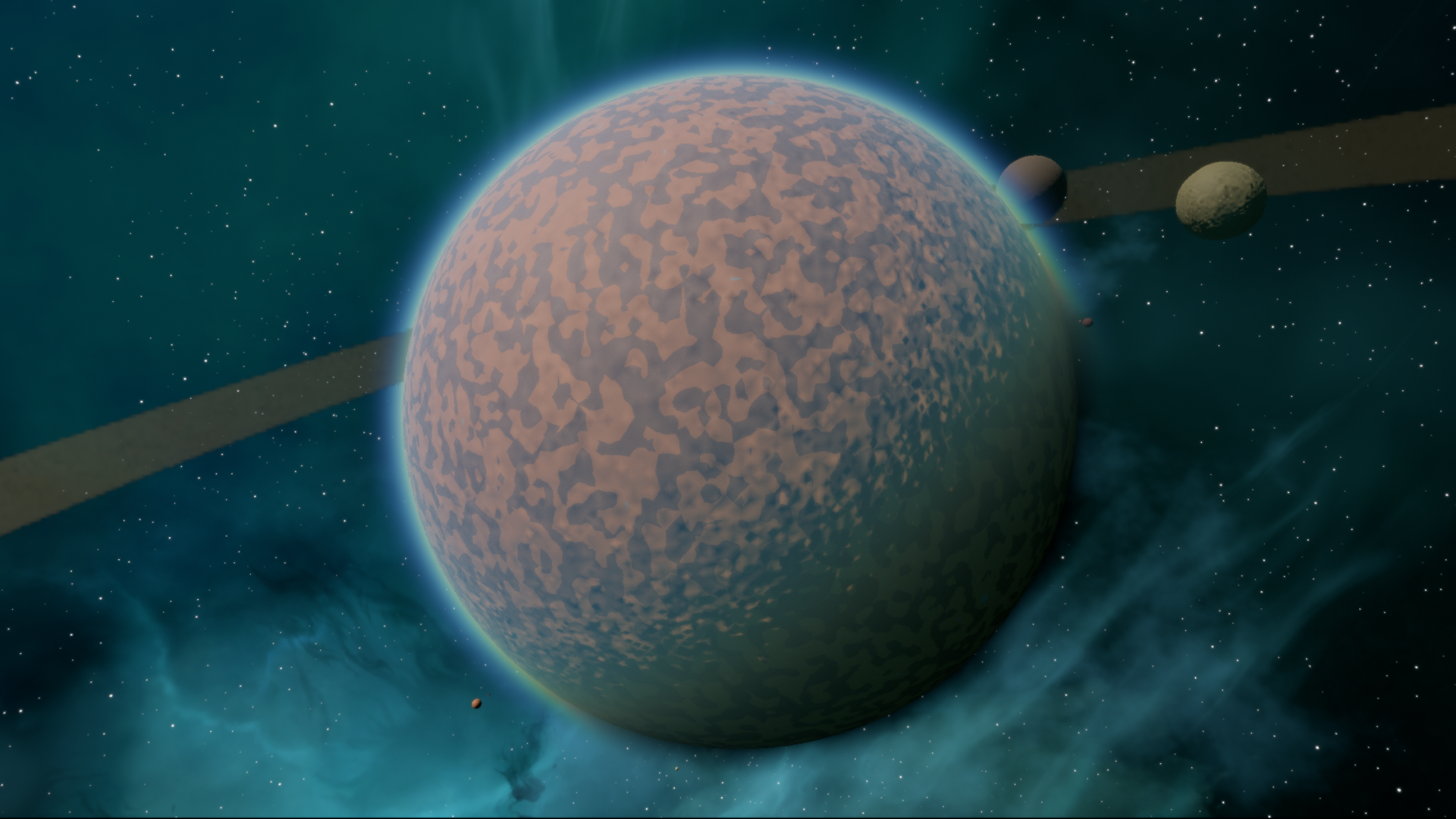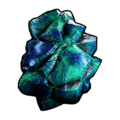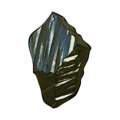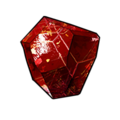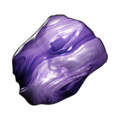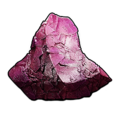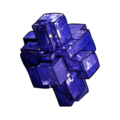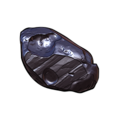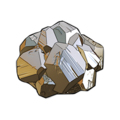Difference between revisions of "Hemera"
(Created page with "{{SB Infobox Begin |{{SB Infobox Header |image=Image:Hemera.png |factionLogo= |caption= |name= |border=none |edgeless=true }} {{SB Infobox Celestial Body General Information |pronunciation={{IPAc-en|ˈ|h|ɛ|m|ə|r|ə}} |languageOrigin=Ancient Greek |ipaKey=key |alias=<!--Kumi (removed because lol Finnish word for condom) --> |class=Moon |satelliteOf=Eos |location...") |
(No difference)
|
Revision as of 20:53, 28 June 2024
(Ancient Greek) - IPA(key)
Hemera (/ˈhɛmərə/) is a moon with ruddy orange soil speckled with hundreds of mountain ranges. Throughout the day, its sky ranges through many shades of blue, green, and orange, and ground-level fog is at a minimum. Hemera is an unusual satellite, having attracted not only two satellites of its own (Mouros and Pasithea), but its own asteroid belt as well, which is more distant than its subsatellites.
Nomenclature
In Greek mythology, Hemera was the personification of day. According to Hesiod, she was the daughter of Erebus (Darkness) and Nyx (Night), and the sister of Aether (the bright upper sky). Though separate entities in Hesiod's Theogony, Hemera and Eos (Dawn) were often identified with each other.
... where Night and Day passing near greet one another as they cross the great bronze threshold. The one is about to go in and the other is going out the door, and never does the house hold them both inside, but always the one goes out from the house and passes over the earth, while the other in turn remaining inside the house waits for the time of her own departure, until it comes. The one holds much-seeing light for those on the earth, but the other holds Sleep in her hands, the brother of Death — deadly Night, shrouded in murky cloud.
